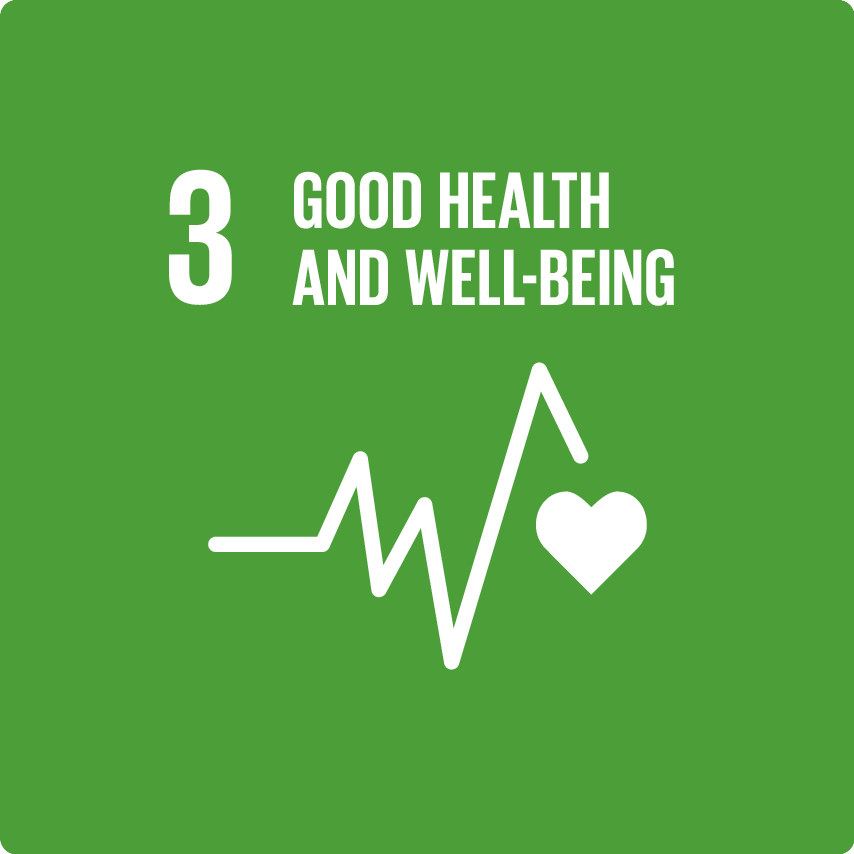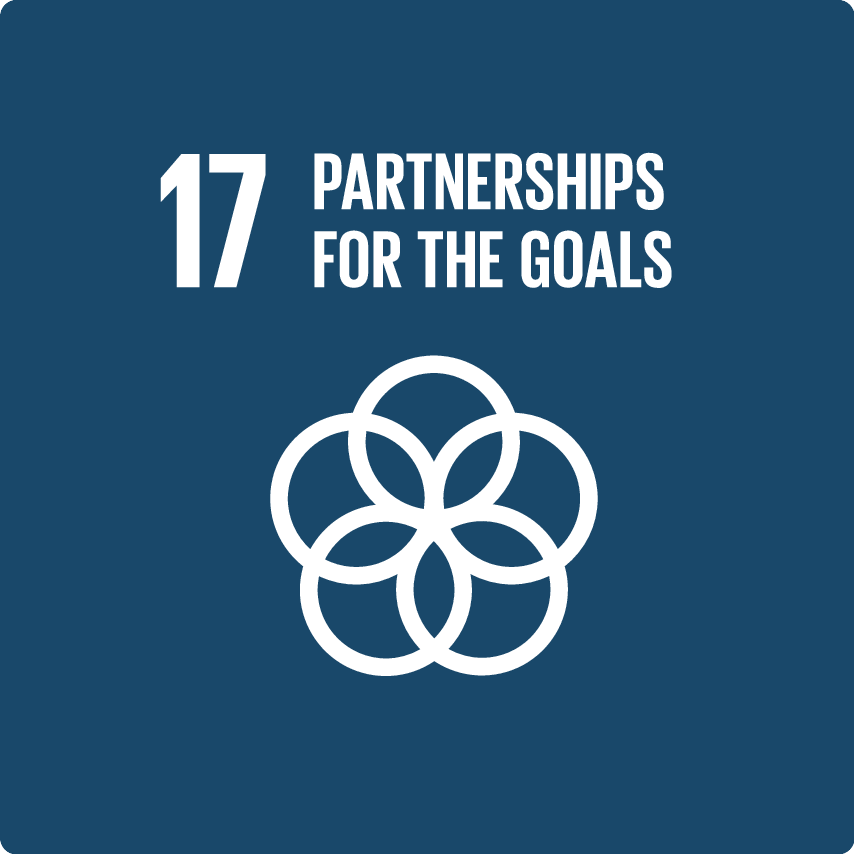Multi-actor partnership to improve non-academic pharmaceutical education in Tanzania
Sustainably improving non-academic pharmaceutical education in Tanzania.
SEE ALL PARTNER ORGANIZATIONS
Objectives
- Establish a more efficient healthcare system in Tanzania by laying the groundwork for better education.
What are the health needs and challenges?
Tanzania is one of the larger countries in Africa, covering nearly one million square kilometres and home to more than 40 million people, most of whom living in rural areas. Its health sector is mainly defined by underfunding, resulting in lack of health services and inadequately trained medical personnel. There are currently less than 1,000 registered pharmacists, with only about 135 pharmaceutical technicians and 30 pharmaceutical assistants graduating each year.
Partnership activities and how they address needs and challenges
The aim of the project is to strengthen the capacity of the training institutions for pharmaceutical professionals of the lower and middle qualification levels, to improve the quality of the training and thereby to strengthen the health sector in Tanzania as a whole. The project thus fits in with the country’s efforts to develop a pool of well-trained pharmaceutical professionals.
The program supports the Kilimanjaro School of Pharmacy in Moshi in improving the scope and quality of their training courses for assistant pharmaceutical staff.
The pilot project consists of assisting in the launch of a new dispenser course, by facilitating the development of required documents, like assessment plans or the standard training manual for pharmaceutical assistants and technicians. Additionally, it entails providing funding for the harmonization of curricula and training materials with the criteria of the National Council for Technical Education.
Results and milestones
- Development, revision and standardisation of the existing curricula into a new, modular curriculum for one to three years of pharmaceutical education.
- New accreditation of KSB by the NACTE.
- Modernisation and extension of CSP capacity by setting up a laboratory and a library.
- Started introduction of the new curriculum at the four project schools.
- Support for individual schools with special needs.
Geographic Reach
- Africa
Disease Area
- Other
Partner organizations
Pharmacy Council (Tanzania)
Ministry of Economic Cooperation and Development Germany
Bread for the World (BfdW)
Joint Conference Church and Development (GKKE)
Christian Social Services Commission (CSSC)
Medical Mission Institute (MMI)
Action Medeor
German Institute for Medical Mission (DIFM)
Misereor
Geographic Reach
Africa
- United Republic of Tanzania
Disease Area
Other
- General Health

